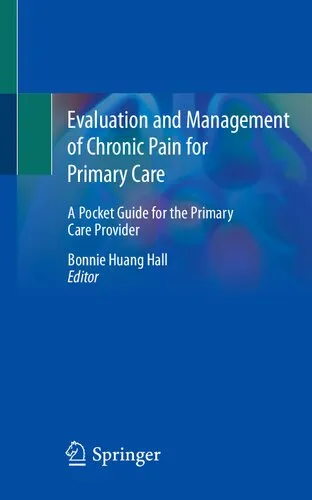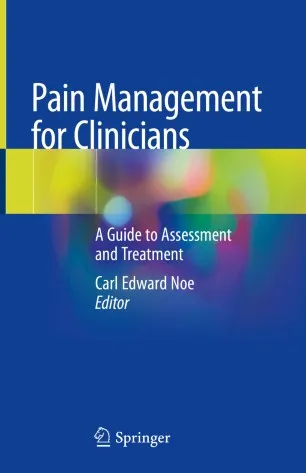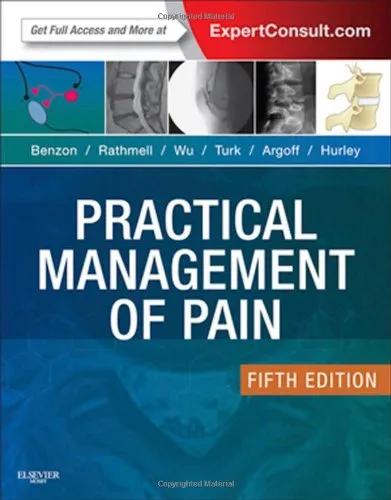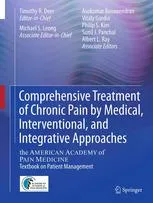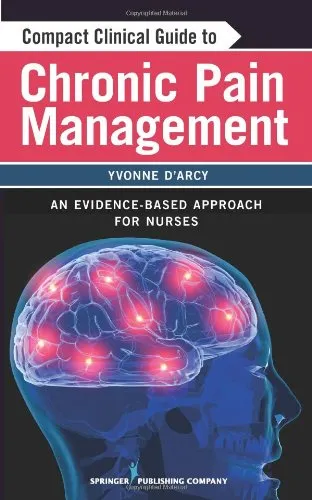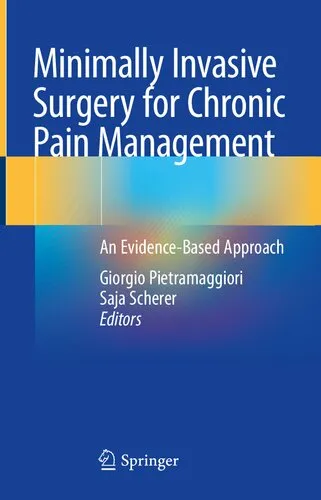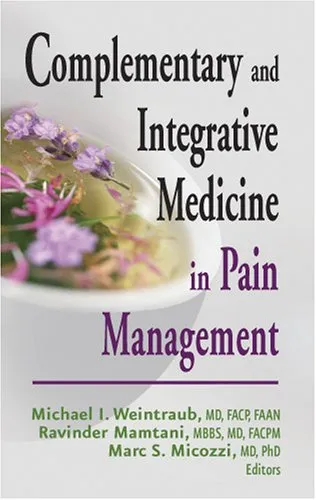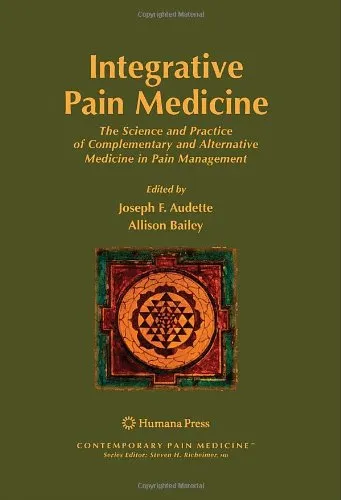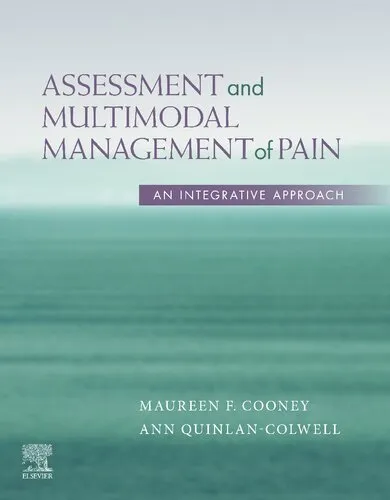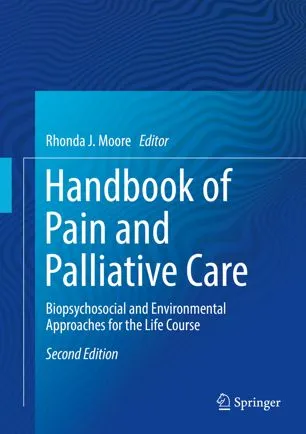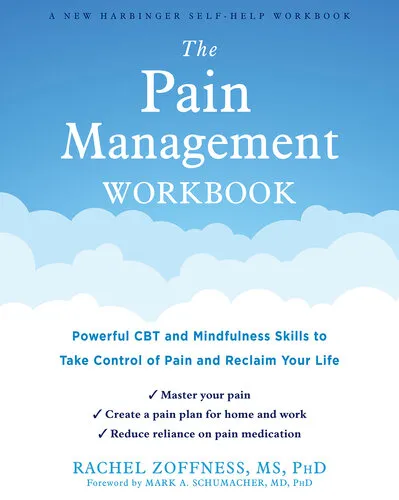Evaluation and Management of Chronic Pain for Primary Care: A Pocket Guide for the Primary Care Provider
4.5
Reviews from our users

You Can Ask your questions from this book's AI after Login
Each download or ask from book AI costs 2 points. To earn more free points, please visit the Points Guide Page and complete some valuable actions.Related Refrences:
Welcome to an insightful journey into the realm of chronic pain management, tailored specifically for primary care providers. The book Evaluation and Management of Chronic Pain for Primary Care: A Pocket Guide for the Primary Care Provider is your essential companion designed to equip you with the knowledge and tools necessary to effectively manage chronic pain in your practice.
Detailed Summary of the Book
In today's healthcare landscape, chronic pain is a prevalent and complex issue that affects millions of individuals worldwide. As primary care providers stand at the forefront of patient care, they are uniquely positioned to play a pivotal role in addressing and managing chronic pain. This pocket guide serves as a comprehensive resource, offering a clear and concise approach to the assessment and treatment of chronic pain.
The book is structured to provide a thorough understanding of pain mechanisms, assessment strategies, and management techniques. It delves into various types of chronic pain conditions, including musculoskeletal pain, neuropathic pain, and more intricate syndromes that often perplex clinicians. Each chapter presents evidence-based practices and emphasizes patient-centered care, fostering a holistic approach to pain management. Moreover, practical insights into the ethical and legal considerations of pain management are articulated, ensuring providers are well-versed in the nuances of contemporary pain treatment.
Key Takeaways
- Understand the pathophysiology of chronic pain and distinguish between different pain types for accurate diagnosis.
- Employ comprehensive assessment techniques for a thorough evaluation of patients' pain and related biopsychosocial factors.
- Implement multimodal pain management strategies, including pharmacological and non-pharmacological interventions.
- Navigate the ethical and legal landscape of prescribing pain medications with confidence and competence.
- Enhance patient communication and education to foster effective self-management and adherence to treatment plans.
Famous Quotes from the Book
"Chronic pain is not merely a symptom to treat but a complex condition that demands a multifaceted, compassionate approach."
"In the world of chronic pain management, empathy and patient-centered care are as essential as any medication or intervention."
Why This Book Matters
With the increasing prevalence of chronic pain and the ongoing opioid crisis, primary care providers are urgently in need of practical guidance to navigate these challenges. This book addresses the gap in knowledge and resources faced by many clinicians by providing actionable insights and strategies tailored for the primary care setting. By equipping providers with a robust framework for chronic pain management, this guide empowers them to improve patient outcomes and quality of life through informed and empathetic care.
Moreover, the book emphasizes the importance of interdisciplinary collaboration and continuous learning, encouraging primary care providers to engage with up-to-date research and adapt their practices to meet the dynamic needs of their patients. Its impact extends beyond individual patient encounters, contributing to a more informed and responsive healthcare system capable of effectively addressing the complexities of chronic pain.
Free Direct Download
You Can Download this book after Login
Accessing books through legal platforms and public libraries not only supports the rights of authors and publishers but also contributes to the sustainability of reading culture. Before downloading, please take a moment to consider these options.
Find this book on other platforms:
WorldCat helps you find books in libraries worldwide.
See ratings, reviews, and discussions on Goodreads.
Find and buy rare or used books on AbeBooks.
1481
بازدید4.5
امتیاز0
نظر98%
رضایتReviews:
4.5
Based on 0 users review
Questions & Answers
Ask questions about this book or help others by answering
No questions yet. Be the first to ask!
